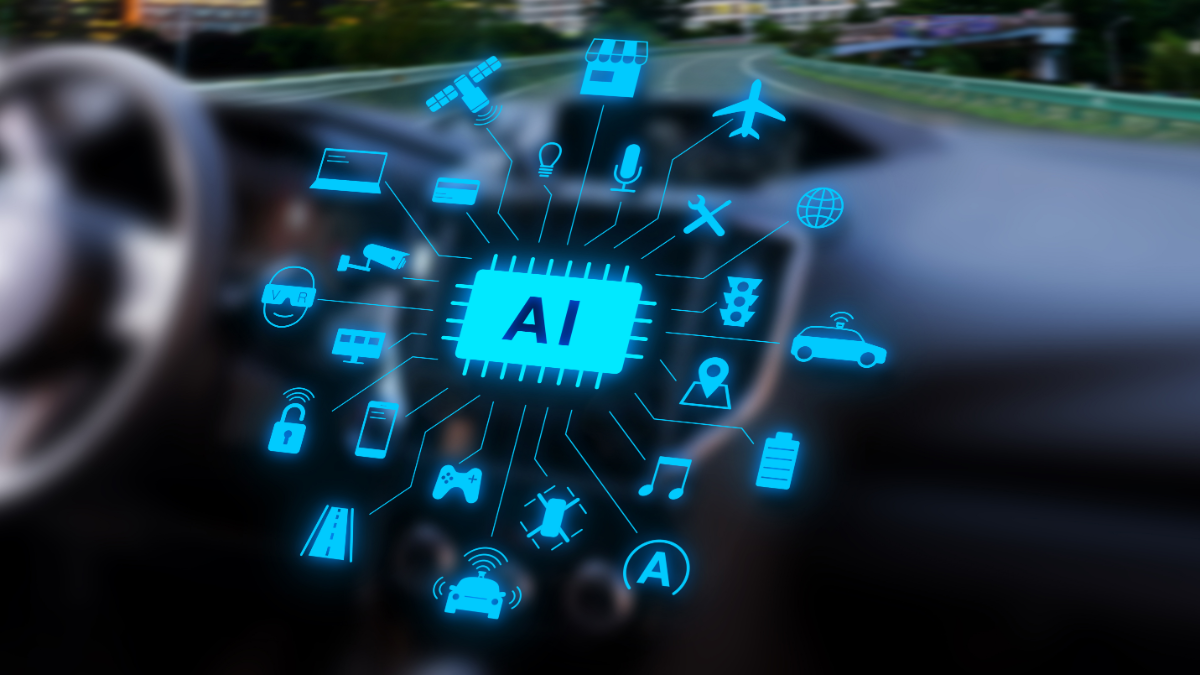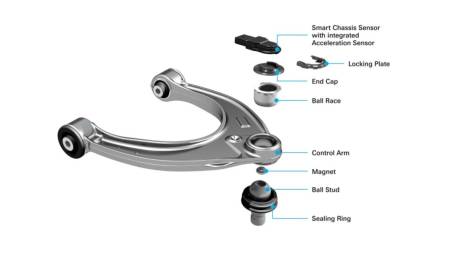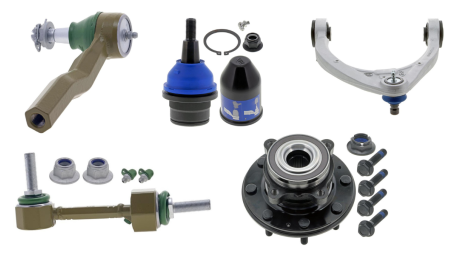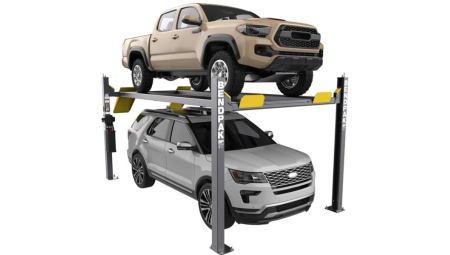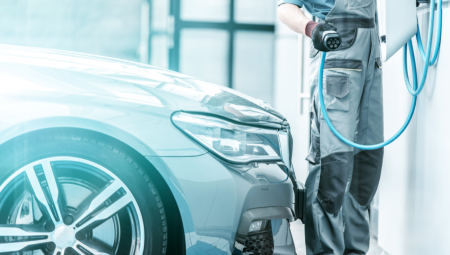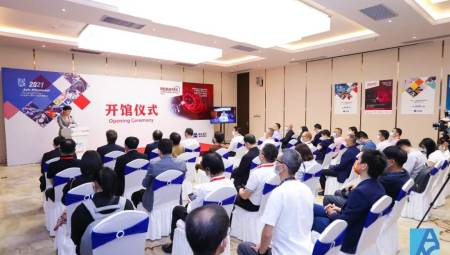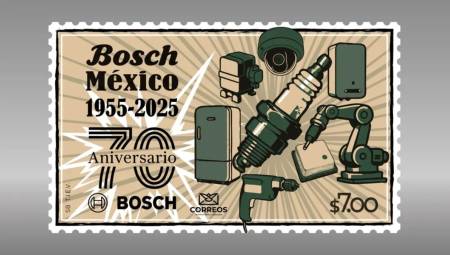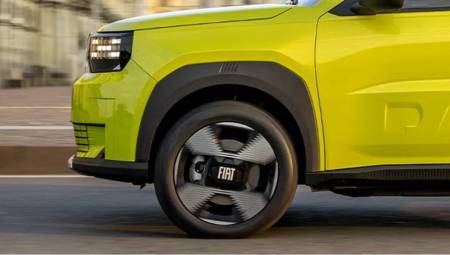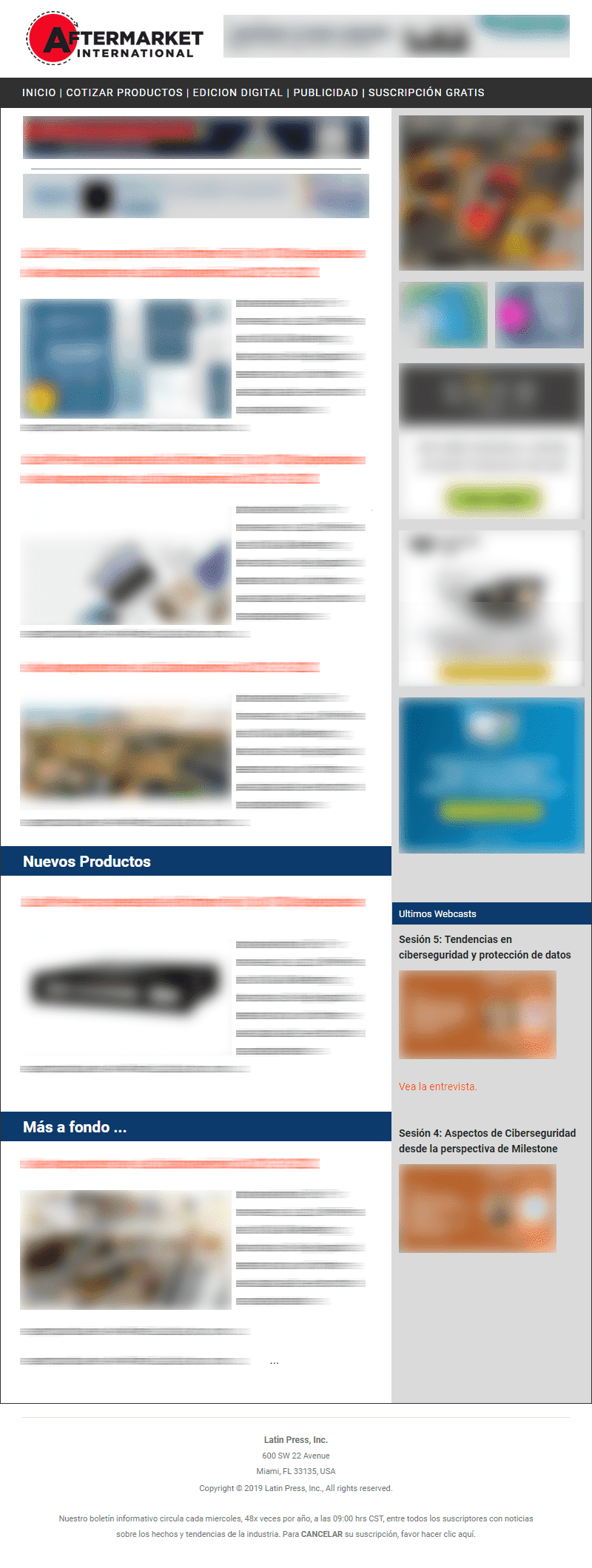International. Tech companies are racing to identify defects in EV battery cells that can cause fires and other problems, using artificial intelligence.
They are training AI models to quickly assess what is normal in a cell and what is not, which significantly speeds up quality checks.
"AI is about scalability — the more you can deploy it, the better off you'll be," said Peter Kostka, director of battery solutions at PDF Solutions, on Oct. 10 at The Battery Show in Detroit. This company teaches its AI model to understand battery structures.
UnitX also employs AI to improve the defect identification process. Its 3D technology can detect subtle anomalies at high speeds and offers greater depth of analysis than 2D vision, according to CEO Keven Wang. In a UnitX case study, human operators scanned a cell every five minutes, while the AI tool did so every 3.5 seconds. Thanks to this, the factory could reassign three human inspectors, Wang said.
Amid this technological breakthrough, Nio Europe announced in September that it would use Monolith's technology to develop a joint machine learning model. This model will compare field data from current vehicles with bench test data, which will also reduce the time spent cleaning, sampling, analysis, and detecting anomalies in battery data.
Companies are beginning to use AI to predict and optimize battery health through vehicle battery management systems, as well as to clean, classify, and restructure data using ChatGPT, and map molecules for next-generation materials. Knowing the battery's health status can help drivers optimize charging and potentially extend its lifespan by 10 to 20 percent, Ahlfeld said.
SES AI is working on AI models that can map more molecules than humans can, according to its CEO Qichao Hu. These models have the potential to be as smart or smarter than the best chemists. SES AI believes this mapping will accelerate material discovery to solve battery problems in electric vehicles, electronics, grid storage, and other applications. However, human scientists are essential to making the database effective.
"Human scientists still need to synthesize the model, use it and actually test the batteries. It's a process where the model generates ideas, but the validation of those ideas is done by humans," Hu said.
Advancing chemistries is one of the most exciting potentials of AI in the battery space, said Patrick Hertzke, partner in automotive and assembly at McKinsey & Co.'s Center for Future Mobility. "Numerous companies are conducting incremental testing to improve batteries," he added.
"It's like making a vaccine or a pharmaceutical drug. It's not easy, and it's not a linear process," Hertzke said. However, from the advances in the pharmaceutical sector, "you should also be quite excited about the potential for chemical improvement in the battery space."
Manan Pathak, CEO of BattGenie, noted on The Battery Show that "battery manufacturing is more of an art than a science. It's extremely difficult to have an end-to-end manufacturing process that produces really good, reproducible cells with very low error rates."
Despite these challenges, Wang emphasized that "AI is another form of algorithm. It is not a magic solution or magic. She's very good at predicting things."


